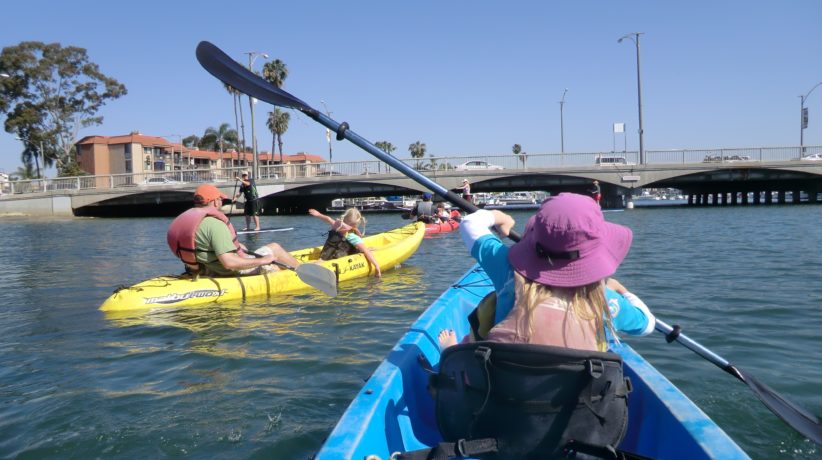Please check out my new article on Student Doctor Network, part one in a series on financial literacy for the newly minted physician!
With apologies to my specialty’s journal, Annals of Emergency Medicine, whose format I’ve adopted, the following is an abstract and editor’s capsule summary to whet your appetite for the full article.
Objective: An elder with credibility in the form of multiple capital letters appended to his name confides to versions of his younger self the fiscal lessons he wishes he knew the day he cashed his first real paycheck.Methods: Cautionary tales, trial and error, anecdotes distorted by recall bias.
Results: With careful planning, you can optimize your work-life balance and achieve early financial independence.
Conclusion: It’s never too early to get your financial life in order. Perusing the manifesto of an eccentric older physician may reveal lessons applicable to your own life.
Editor’s Capsule Summary
What is already known on this topic
Medical training creates high earners with little or no financial literacy training. The new physician is ill prepared to maximize retirement savings, minimize tax liabilities and create a lifestyle of sustainable expenses to build wealth.
What question does this article address
Someday you will feel/be too old for this shift.
What this article adds to our knowledge
A practical approach to retirement savings, minimizing expenses and tax liabilities, and reducing financial inefficiencies is described. Explicit lifestyle design with compatible financial goals is encouraged. The value of accumulating free-you money is explained.
How this is relevant to clinical practice
Time is your most valuable asset. If you can accumulate sufficient free-you money, spending time doing clinical work becomes a choice you can enjoy rather than a burden you must endure.

